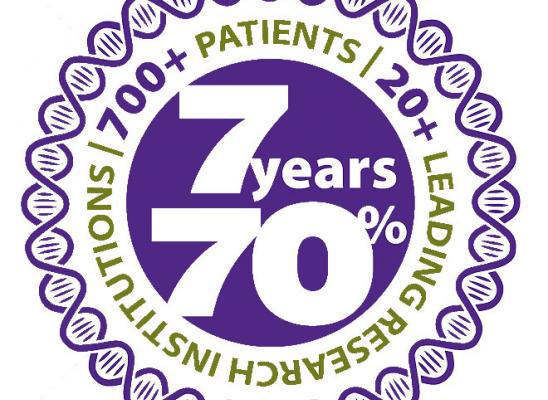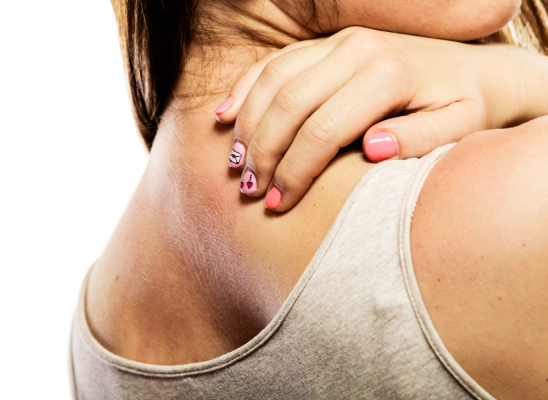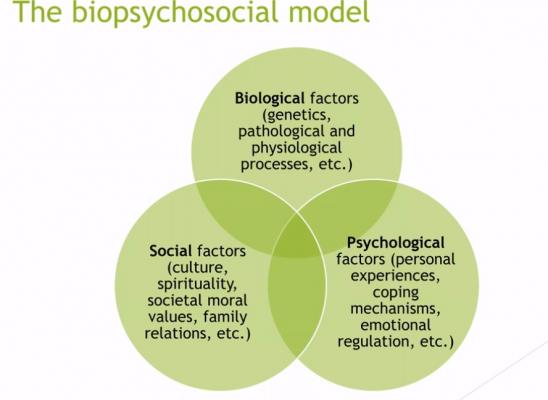Quality of Life and Skin Picking Disorder
Online test
Find out the severity of your symptoms with this free online test
Quality of life is an important concept in mental and physical health research. It is a subjective assessment of whether a person is satisfied with their life and how they rate their overall well-being. This measure helps researchers and mental health providers understand how people with mental health disorder view their personal experience. For example, someone could have a diagnosis with skin picking disorder, but rate their quality of life very high because they either learned to live with it or can manage it to their satisfaction. Quality of life measures also helps show progress throughout treatment. Someone who comes to therapy for help with a mental health issue may take a quality of life assessment and after several weeks or months of treatment take another one and compare the two results. Not only does it demonstrate progress over time, but it also indicates how a person feels about their life overall.
The research
In a recent study, researchers at the University of Chicago wanted to learn the clinical, personality and cognitive measures associated with quality of life for young adults, focusing on impulsivity and compulsivity. The University of Chicago does a lot of research on body-focused repetitive behaviors, substance abuse, and problem gambling, all of which are considered compulsive or impulsive disorders.
Researchers believed that young adults with impulsive behaviors would report a lower quality of life than those with compulsive behaviors, but they did not know to what extent the difference would be. The study consisted of 479 young adults aged 18-29 who answered multiple questionnaires and participated in interviews. Results indicate that those with the worst reported quality of life had gambling problems, mood, anxiety and substance use disorders. Other impulse control issues such as compulsive sexual behavior, binge-eating, skin-picking, compulsive buying, and intermittent explosive disorder also reported a low quality of life. Although people who reported gambling behaviors did not all have a diagnosed gambling disorder, it was found that even those who identified having a small problem reported worse quality of life.
In second place for low quality of life came from people with diagnoses of intermittent explosive disorder, binge-eating, and skin-picking. One of the reasons cited for the low quality of life is that all three of these disorders impact one’s ability to connect socially with others.
Despite intentions to compare impulsivity and compulsivity, the assessments used by the researchers did not fully capture compulsivity. However, further research may expand on that topic, and the study did validate that people who do not feel in control of their impulses also rate their quality of life as low.
How does this help?
You may be asking how this research helps. First, it serves as validation. People with skin-picking disorder tend to rate their quality of life as very low which is not only supported by anecdotal evidence, but also by empirical evidence. Second, when it comes to funding further research, the numbers need to support it, and this study provides numbers that justify skin-picking disorder and other impulse control disorders as a public health issue. When a disorder becomes a public health issue, people take notice and begin to do something about it such as funding research for treatments and providing funding for people to get treatment.
All research is good research even when it only provides partial answers. Partial answers lead to more questions that need answers which inspires further research.
Reference
Chamberlain, S. R. & Grant, J. E. (2019). Relationship between quality of life in young adults and impulsivity/compulsivity. Psychiatry Research, 271, 253-258. https://www.sciencedirect.com/science/article/pii/S0165178117323260?via%3Dihub
Online test
Find out the severity of your symptoms with this free online test
Start your journey with SkinPick
Take control of your life and find freedom from skin picking through professional therapy and evidence-based behavioral techniques.
Start Now



